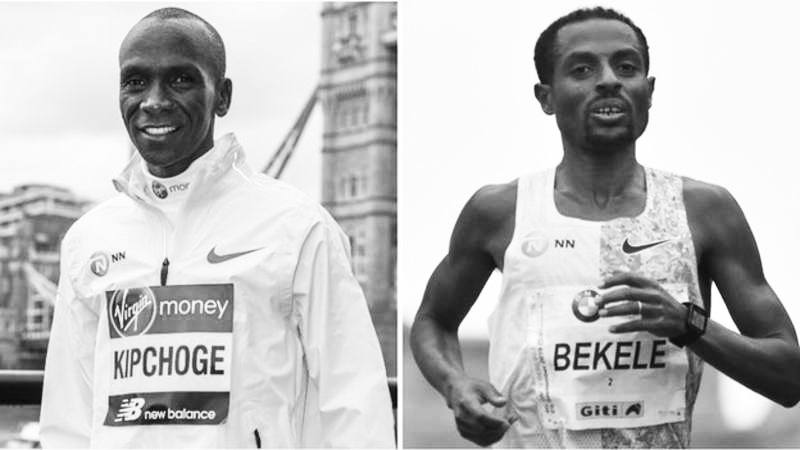
Sport and active recreation have significant contribution to a country’s economy. Sport creates direct economic benefits in the form of jobs, income, tax and revenue. It also benefits the economy indirectly by improving people’s health and well-being, which can reduce health-care costs and increase labor productivity. Sport also generates economic benefits by contributing to tourism and entertainment industries.
Even if Ethiopia has not yet started earning significant revenue from the sport and recreation, the sector has a range of economic benefits as seen from countries such as Australia, New Zealand, Canada, the US and UK.
There, sports are increasingly important to the economy as millions of people are employed in the sports economy in these countries. In the UK, for instance, the contribution of sports economy to GDP is currently estimated to be more than 2 percent. This economic percentage is three times as high as the current contribution of agriculture to GDP in the UK.
As many studies indicate the relationship between sports and development can be analyzed from different angles, including in terms of economic benefits as football (soccer), baseball, and basketball generate large economic interests.
Sport teams have become large commercial – and often multinational – enterprises. For example, the value of Manchester United is estimated at 2.2 billion USD, which equals approximately to the total annual output (GDP) of many least developed countries in Africa. The richest US baseball team, the New York Yankees, is valued at more than 1 billion dollars; and the average US football team is worth no less than 0.5 billion dollars.
According to Sport Commission, sport development refers to the creation of a sports infrastructure and a sports competition. Ethiopia is giving focus to constructing world class stadiums, academies and sport facilities all over the country; and some of them are under completion.
Hawassa, Mekelle, Weldiya, Bahir Dar, Dire Dawa and other stadiums are already completed, and started to give service. The construction of the national stadium in Addis Ababa, which could accommodate 60,000 spectators at a time on seats when finished, is in a good stage. “Over 98.5 percent of the overall construction has already been completed so far.”
Numerous stadiums and playgrounds are under construction across the country and in every village and school. The construction of sport infrastructure is costly and the nation is investing a lot with in mind that the investment will pay off in the future.
Stressing the fact how such infrastructural developments in sports can encourage citizens to take part in the sport of their preference due to the proximity the facilities will now have with residents, the country is now at a stage where it can create opportunities for the public to benefit from the revenue the sector can generate. Many of the sport infrastructure developments are moving forward. And various academies and sport facility developments are under construction in a robust manner across the country, which is a good step forward.
As sport is public by its nature, investors, clubs and sport fans have a role to play in its development, and there are efforts done so far to this end by all the relevant stakeholders. And also there will be times to earn the fruits of the investment in the future largely.
Boosting participation in sport can generate a variety of socio-economic benefits as sport can make a profound and positive impact on individuals, communities and the wider society. More importantly, the sector and its massive infrastructure development will have political, social, and cultural as well as health related (positive) impacts as well.
One aspect of the economic impact of infrastructure development in sports is its contribution to employment. And its impact on health, according to various studies, is linked to reducing risk of over 20 illnesses, including cardiovascular disease and some cancers. This has indirect economic benefits in that taking part in regular sport activities reduces the expenditure of millions of Birr for health-care costs.
Even if most of the advantages of investing on sport infrastructure is treated in economic terms, it will also have social and cultural impacts as well. For all this to happen, developing sport infrastructures and facilities, both in equity and quality, across the nation is given focus by the government by investing huge sum of money to it, according to the commission.
The Ethiopian Herald December31, 2019
BY STAFF REPORTER


